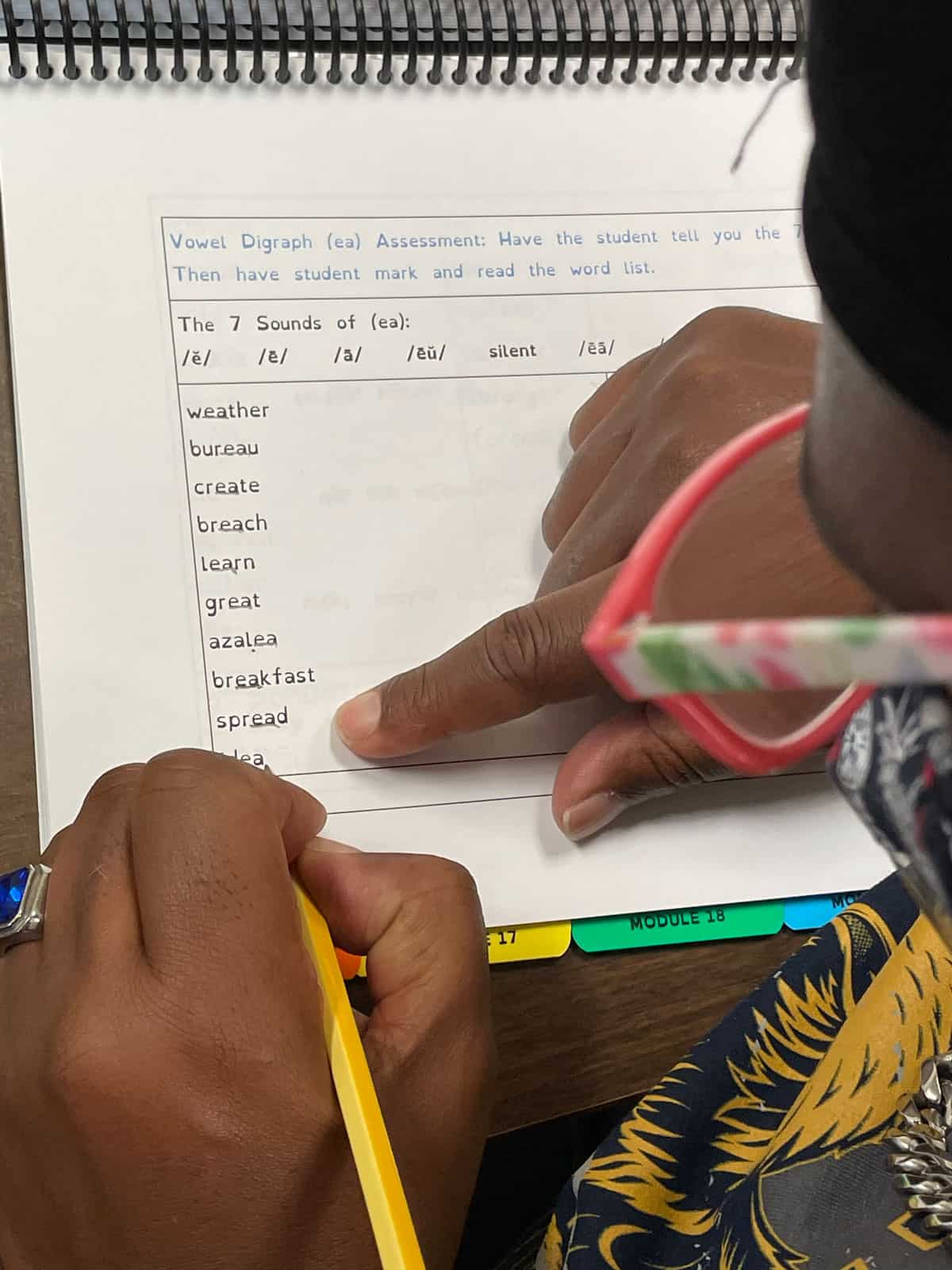
Components of an Effective Phonics Curriculum
June 17, 2019Why do educators stress the importance of students having a strong number sense but they do not stress that students should have a strong letter sense? Let’s talk about what number sense means. According to https://www.understood.org/en, number sense is group of skills that allow kids to work with numbers. These include the ability to:
• Understand quantities
• Grasp concepts like more and less, or larger and smaller
• Understand symbols that represent quantities
• Make number comparisons
• Understand the order of numbers in a list: 1st, 2nd, 3rd, etc.
https://www.understood.org/en/learning-attention-issues/child-learning-disabilities/math-issues/number-sense-what-you-need-to-know
What if teachers started to think about phonics in a different way? If they approached phonics more like math. Letter sense would be viewed as a group of skills that allow kids to work with letters. These include the ability to:
• Understand letter sound relationships
• Understand that letters represent sounds, and in some cases more than one sound
• Understand that letter sounds come together to make words
• Letter comparisons according to the position in a word
• Grasp concepts such as 14 Single Sound Consonants, Everyday Short Vowels, Quiet Consonants, Multiple Sound Consonants, Everyday Long Vowels, Magic E, etc.
https://buildingblocksphonics.com/philosophy/
In order to be successful and move forward in math and in phonics, you have to have a strong foundation to support future learning. This can be done in phonics by teaching explicitly and systematically. Building Blocks Phonics does just that. BBP is a complete, explicit, systematic, supplemental phonics curriculum that teaches all 44 sounds of English. The scope and sequence are laid out so that each module builds on the previous module, supporting every new phonetic concept introduced and never asking students to make a leap that they are not prepared to make.
When a curriculum asks students to make a leap without foundational skills to support the leap, the results can be detrimental, especially if they have a weak letter sense. Often times a weak letter sense can slow progression, diminish confidence, reduce comprehension and/or fluency.
Challenge yourselves, colleagues, and districts to start thinking about phonics differently. Not just as a set of phonics skills that must be introduced, but rather building a solid phonemic foundation (letter sense) so that students can think flexibly and efficiently through simple and complex words.
You will find that when the shift begins, you’ll have students feeling more confident about decoding, reading, and writing.


